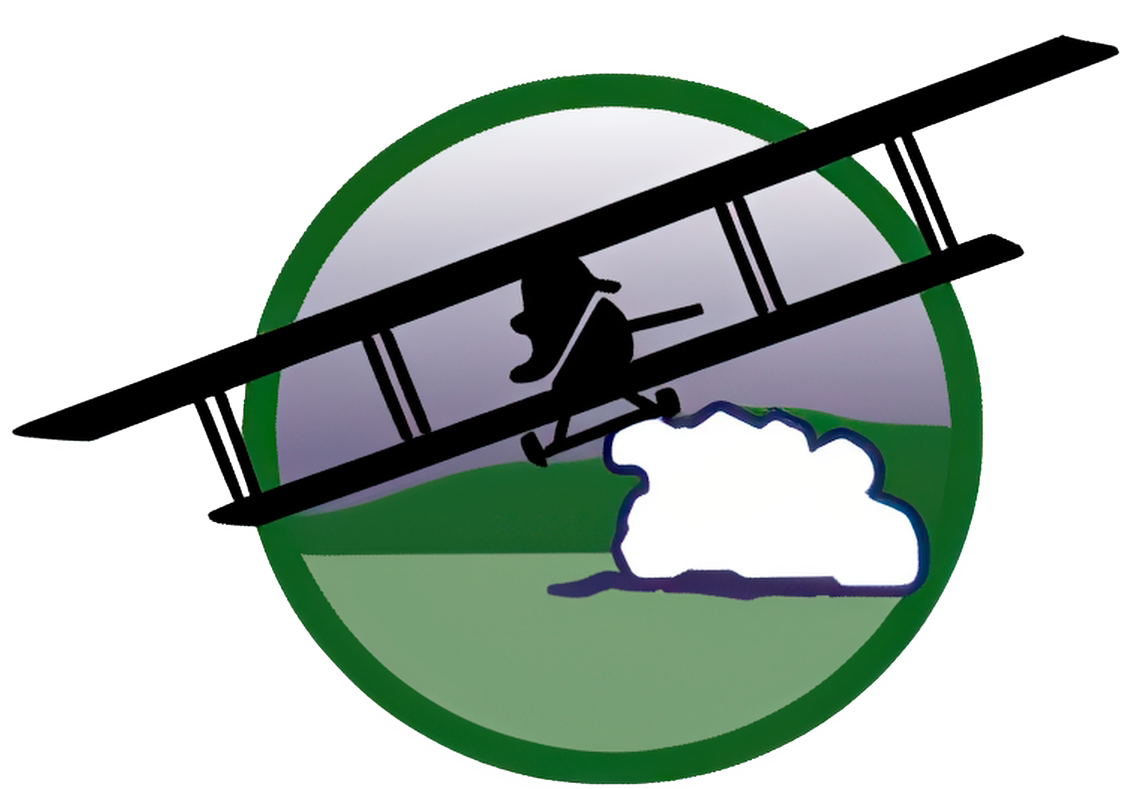John E. Dorr — National Agricultural Aviation Hall of Fame
Introduction
John E. Dorr was a pioneering aviator, instructor, and visionary whose tireless commitment to pilot training and operational safety laid the foundation for modern agricultural aviation education. Known as the “Master Agricultural Pilot”, Dorr’s influence was both national and international, leaving a legacy through the achievements of his students and the standards he established for the industry.
Major Achievements and Contributions
Pioneer in Ag Pilot Training
- First Agricultural Pilot Training Program in the U.S.: Dorr established the nation’s first agricultural pilot training course in 1948 at Maryland Airport, Indian Head, Maryland. In 1952, he relocated the program to Merigold, Mississippi, founding Merigold Flying Service in 1954.
- FAA Endorsement and Innovation: The program was so groundbreaking that the FAA issued a special waiver, allowing Dorr to set training provisions and regulations at his own discretion—a rare vote of confidence in his methods and foresight.
- Comprehensive Curriculum: By 1964, Merigold School of Aeronautics gained FAA approval for a Commercial Agricultural Pilot Training course, including advanced aerobatic instruction (loops, snap rolls, slow rolls, half rolls, Immelmann turns). In 1968, the FAA gave full approval to Dorr’s entire Ag Pilot Training curriculum, recognizing its rigor and effectiveness.
Instructional Excellence and Global Impact
- Personalized Instruction: Dorr limited classes to eight students to ensure individualized attention, emphasizing safety as paramount. Over his career, he amassed more than 30,000 hours of flight time and 17,000 hours instructing new pilots.
- Safety Record: Merigold Flying Service, under Dorr’s leadership, produced over 2,800 graduates in nine years, achieving an exceptional safety record—just a single flying fatality among more than 300 graduates during its formative years.
- International Reach: The school attracted students from across the United States and around the world—including Spain, France, Sweden, Denmark, Germany, Greece, Israel, Australia, the West Indies, Canada, and Central America—making Dorr a central figure in the global advancement of agricultural aviation.
Industry Service and Reputation
- WWII Veteran: Served as squadron commander and aerobatic instructor with the Eastern Air Training Command during World War II, further honing his leadership and instructional abilities.
- Community and Industry Influence: Dorr was regarded for sharing practical wisdom with students, notably emphasizing that safety and longevity in the profession were more important than making money.
Recognition and Honors
- Cy Emery Award (1979): This prestigious industry honor recognized Dorr’s contributions to agricultural pilot training and his role in the advancement of aerial application.
- Enduring Legacy: Dorr’s legacy is celebrated each year at the annual Dorr Field Fly-in, where former students and pilots gather to honor his impact. His influence is also maintained through an active online community dedicated to his memory.
Conclusion
John E. Dorr’s dedication to training, his innovative approach to safety and instruction, and his wide-reaching influence on pilots from the U.S. and abroad make him a truly significant figure in agricultural aviation. Through his curriculum, leadership, and mentorship, he helped secure a safer and more professional future for ag aviation, earning his rightful place in the National Agricultural Aviation Hall of Fame.

